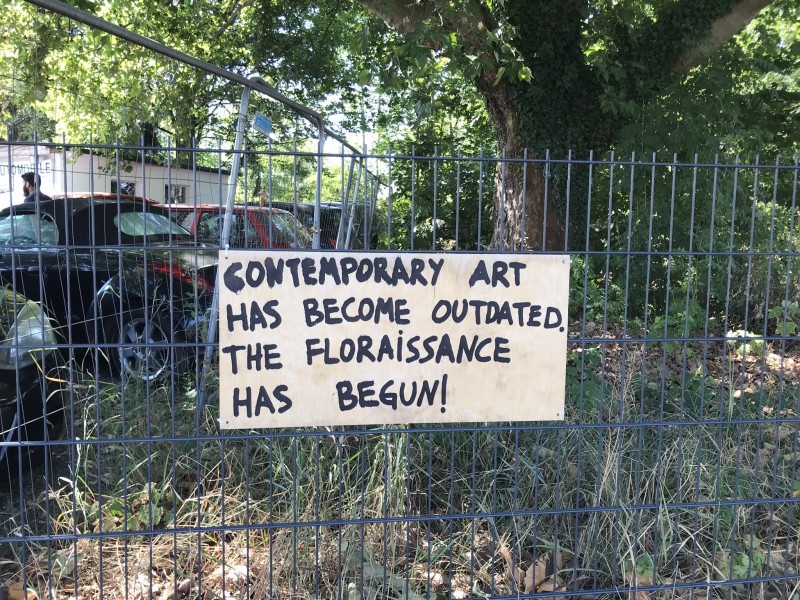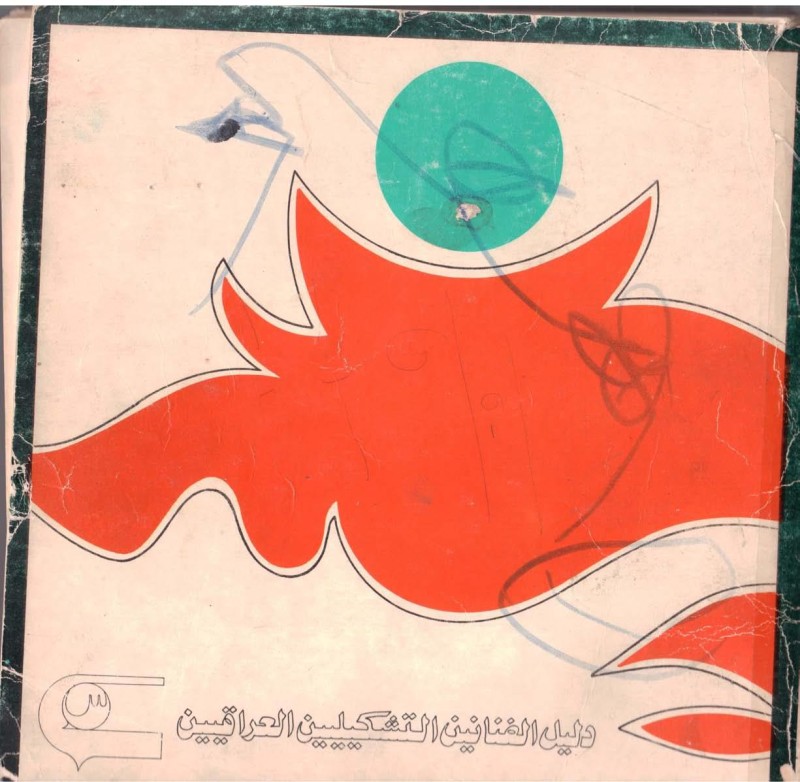On the last day of the International Conference on Human Smuggling and Trafficking (ISS 2015), at the ISS CONNECT BRUNCH, all the people invited, as well as the audience had time to come together in a larger circle and discuss more openly about how to continue with the necessity and our urge to intervene in the current human smuggling discourse, and also to bring up topics that were already mentioned in discussions after the panels, about which, however, we could not talk in-depth, due to time limitations.
An important issue that was raised at the brunch and that I had highlighted in my own contribution to the panel on the topic of criminalization the day before, was the clearly unequal distribution of solidarity towards people criminalized, as well as structural racism. This is an aspect that we have tried to address with Border Crossing & You / Fluchthilfe & Du from the very beginning.
A very clear point has to be made here: during the ISS Conference in München’s Kammerspiele (Bavaria), over 800 people were imprisoned in pre-trial custody in Bavaria on charges of human smuggling. Meanwhile in Austria, every 5th person in pre-trial custody was accused of human smuggling. These are the terrifying numbers and realities of people not only imprisoned, but later found guilty for supporting refugees on the move. So, it is not only necessary to explicitly demand the abolishment of the paragraphs on human smuggling in general, but also to look closer at these trials and follow them.

What clearly emerges is that the legislation and the jurisdiction within the Schengen space, and specifically in Austria—I am quoting a Viennese judge now—is neither persecuting big maffia structures (as the criminal police, the ministry of interior and also the media would like to have us believe), nor individuals smuggling for free due to humanitarian or political motives (as various activists or so-called convoys have done), but rather folks from transit countries in South Eastern Europe who take their chance to make a few hundred Euros or less with one drive to Germany.
They have seen thousands of refugees stuck in Hungary under horrible conditions, and they offered a service. How does that differ from what a taxi driver does? The question of financial compensation for escape aid (Fluchthilfe) is extremely polarizing, not only within middle-class circles, but also—and this has worried me increasingly since last summer—among Leftist cultural workers or activists. When I was in Röszke at the Serbian-Hungarian border, I heard of regular razzias, and had witnessed and documented police violence against so-called human smugglers and refugees myself—at a gas station on a highway connecting the two countries. When talking to the owner and other people at the crowded gas station, I was told that most of the passenger cars parking there belonged to Roma people from Serbia—among them also women—who were waiting for refugees to offer them a paid ride. At the same time, many activists from Germany, mostly men with a predominantly middle-class background, arrived to the open field camp at Röszke to offer all kinds of support for free. Part of whom, as I found out during my stay, violently expressed their enmity and rejection towards people who could not afford, or did not want to afford, to provide the same services for free.
It is important to point out that this is a systematic phenomenon. Looking at the broader practice of criminalization and discrimination, we need to address structural racism and class issues: not only in terms of police work or violence, and unequal jurisdiction towards non-citizens in trials, but also with regard to the unequal solidarity work being done for criminalized, paid or unpaid, so-called human smugglers. This inequality is among others manifested in how much easier it is to launch a visible campaign for young citizen activists criminalized for supporting refugees—whose actions are interpreted as humanitarian aid and form part of a Refugee Welcome trend since last summer—than to raise awareness for the situations of racialized people, such as the refugee activists from the Refugee Protest Camp Vienna who were accused and sentenced (currently, in appeal) of having accepted some 50 Euros for helping people from their own community escape Austria to avoid possible deportations.

I am not saying that it is not important to smuggle for free or as cheap as possible, but I would like to stress that at the larger convoys organized last year, the opportunity was missed to point out why they can afford to help refugees cross borders without getting paid, and at the same time, to show solidarity with all the racialized Others sitting in prison for the same service, but without public support and visibility, without gaining any symbolic capital or cultural profits from what they did.
These are the issues that we are trying to work on together with people accused and criminalized of human smuggling in the context of Border Crossing & You / Fluchthilfe & Du. We are currently developing a format called the Smugglers’ Tribunal, where refugees and migrants can make their voices and political demands heard. We want to criticize vertical solidarity structures, as well as current asylum politics and border regimes.
More information coming up soon at www.fluchthilfe.at.
About the author
Katarzyna Winiecka is an artist, activist, educator and organizer, based in Vienna. Her work—usually participatory and collective—deals with questions of border politics, migrant resistance, its histories, visibilities and occupations of space. She is interested in transnational alliance work and strategies of resistance and cultural practices supporting and amplifying struggles for freedom of movement. Since 2013 she has been involved in trans-disciplinary solidarity and educational work around the trial of refugee activists from the Refugee Protest movement in Vienna, who were criminalized as alleged human smugglers, contextualizing it in broader practices of criminalization and discrimination. Among others she was a co-organizer of the 2nd International Conference on Human Smuggling and Trafficking (München, 2015) and is a founder of the platform and art campaign Border Crossing and You (Fluchthilfe & Du) also featured in A Weird Geography.
A contribution to issue #1: A Weird Geography edited by Katalin Erdődi



